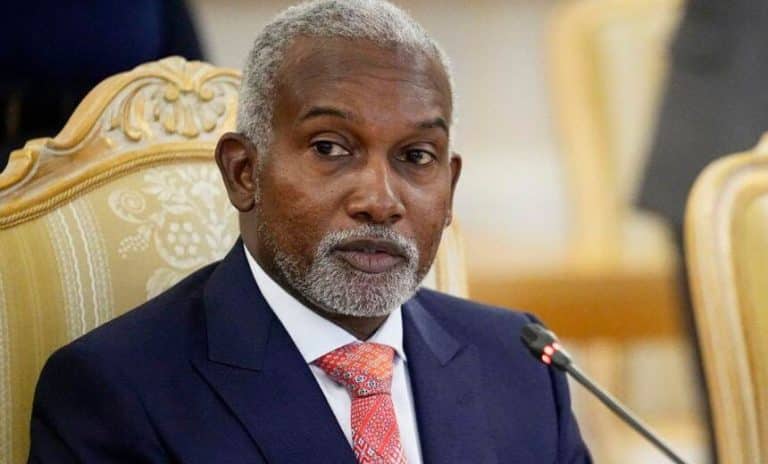Nigerian Union of Teachers (NUT) has condemned the federal government’s new age policy for secondary school leaving examinations.
The Minister of Education, Prof. Tahir Mamman, announced on Monday that the Nigerian government had instituted a new age policy for secondary school leaving examinations, setting the minimum age at 18.
By the new policy, students below the age of 18 years would not be allowed to write the West African Senior School Certificate Examination (WASSE) conducted by the West African Examination Council (WAEC) and the National Examination Council (NECO).
NUT, however, argued that the policy was outdated considering that economic realities forced parents to send their wards to school from an early age. This, NUT said, exposes the child to early learning.
Nigerian Union of Teachers‘ Secretary-General, Dr Mike Ene, in an interview with The Punch, stated that the federal government’s policy can only work if it addresses early enrolment of wards by parents at the primary school level.
Ene said, “The only way this policy could work is if it’s implemented from the foundation. By that, I mean starting at the primary school level. In the past, before a child was allowed to start school, they had to pass a basic test, like reaching their hand over their head to touch the opposite ear. If they couldn’t, they were sent back home.”
He explained that things have changed and the government must adapt. “However, things have changed. Nowadays, due to economic pressures, parents enroll their children in crèches early, which means both parents have to work.
“Teachers at these crèches begin to educate the children, and they start learning quickly. You can’t stop them from learning because the brain is structured to keep developing, once learning stops, the brain stagnates,” he added.
Ene also noted that exceptional students would also be affected by the policy. He said the policy was poorly conceived.
“You also have to consider exceptional students. Some students are 16 years old in SS3. Is the minister taking these scenarios into account? What are these students supposed to do? Wait two more years? I see this as a policy that could lead to numerous legal challenges. The government needs to rethink this thoroughly. It is poorly conceived,” he stated.







